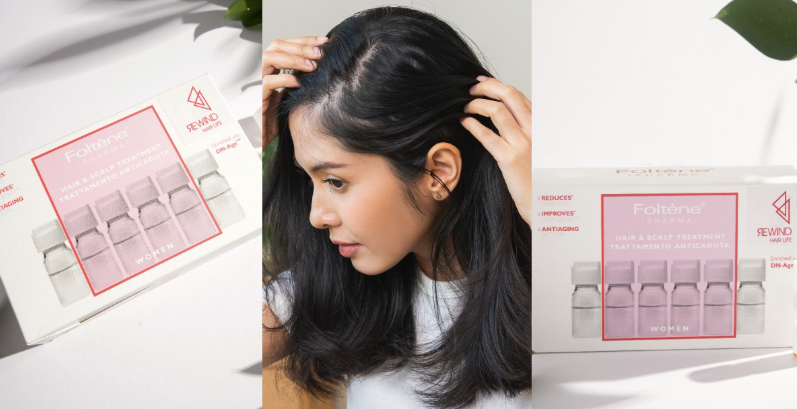
Understanding the Root Causes of Hair Loss: Expert Insights from Hair Revive Hub
Hair loss is a concern that affects millions of people worldwide, regardless of age or gender. While shedding some hair daily is natural, excessive or sudden hair loss can be distressing and often signals an underlying issue. At Hair Revive Hub, we believe that understanding the root causes of hair loss is the first step toward finding the right treatment and reclaiming confidence. In this article, our experts shed light on the most common causes of hair loss and what you can do to address them.
1. Genetic Predisposition: Androgenetic Alopecia
One of the most prevalent causes of hair loss is androgenetic alopecia, commonly known as male or female pattern baldness. This condition is hereditary and typically follows a predictable pattern receding hairline and thinning crown in men, and overall thinning in women.
The genetic component affects how your hair follicles respond to dihydrotestosterone (DHT), a byproduct of testosterone. Over time, DHT shrinks the follicles, resulting in shorter, finer hair until growth ceases entirely. While this condition is not reversible, early intervention with treatments like minoxidil, finasteride, or platelet-rich plasma (PRP) therapy can slow the progression.
2. Hormonal Imbalances
Hormonal fluctuations are another significant factor in hair loss, especially in women. Conditions such as polycystic ovary syndrome (PCOS), thyroid disorders, and menopause can disrupt hormone levels and negatively impact the hair growth cycle.
Postpartum hair loss is also common, as estrogen levels drop sharply after childbirth. While usually temporary, this type of hair loss can still be alarming. At Hair Revive Hub, we often recommend hormone testing and consultation with a healthcare provider to determine the appropriate course of action.
3. Nutritional Deficiencies
What you eat or don’t eat can greatly affect your hair health. Deficiencies in essential nutrients such as iron, vitamin D, zinc, and protein can weaken hair strands and impair growth. Iron-deficiency anemia, in particular, is a well-documented trigger for hair thinning, especially in women.
At Hair Revive Hub, we encourage a balanced, nutrient-rich diet and often suggest targeted supplements after lab evaluations. In many cases, correcting a deficiency can significantly improve hair density and vitality.
See also: Women’s Health Checklist for Every Age Group
4. Stress and Trauma
Physical and emotional stress can trigger a condition called telogen effluvium, where a large number of hair follicles enter the resting phase prematurely. This typically leads to noticeable hair shedding two to three months after a stressful event such as surgery, illness, or emotional trauma.
The good news is that telogen effluvium is often temporary, and hair usually regrows within six to nine months once the stressor is removed. Techniques like meditation, regular exercise, and adequate sleep can help regulate stress and promote overall wellness.
5. Medical Conditions and Medications
Certain illnesses, like autoimmune disorders (e.g., alopecia areata), lupus, or scalp infections, can cause patchy or widespread hair loss. Similarly, medications such as chemotherapy drugs, antidepressants, and blood thinners are known to interfere with the hair growth cycle.
If you suspect a medical condition is behind your hair loss, it’s crucial to seek professional help. At Hair Revive Hub, we work closely with dermatologists and trichologists to provide personalized care and appropriate referrals when needed.
6. Hair Care Practices and Styling Damage
Excessive styling, chemical treatments, and harsh hair care products can lead to traction alopecia a type of hair loss caused by repeated tension or trauma to the hair follicles. Common culprits include tight ponytails, braids, extensions, and heat styling tools.
We recommend gentle hair care routines that prioritize scalp health, such as avoiding sulfates, minimizing heat exposure, and using nourishing treatments like scalp serums and natural oils. Prevention is key to maintaining strong, resilient hair.
Final Thoughts from Hair Revive Hub
Hair loss can be complex and emotionally challenging, but understanding its underlying causes empowers you to take informed action. Whether your hair loss is genetic, hormonal, nutritional, or lifestyle-related, identifying the root cause is essential for effective treatment.
At Hair Revive Hub, we are committed to providing expert insights, evidence-based solutions, and compassionate support to help you regain your hair—and your confidence. From diagnostic tools to advanced therapies, we offer tailored programs to suit every need.
If you’re experiencing hair loss, don’t wait. Contact us today to schedule a consultation and take the first step on your journey to healthy hair.



